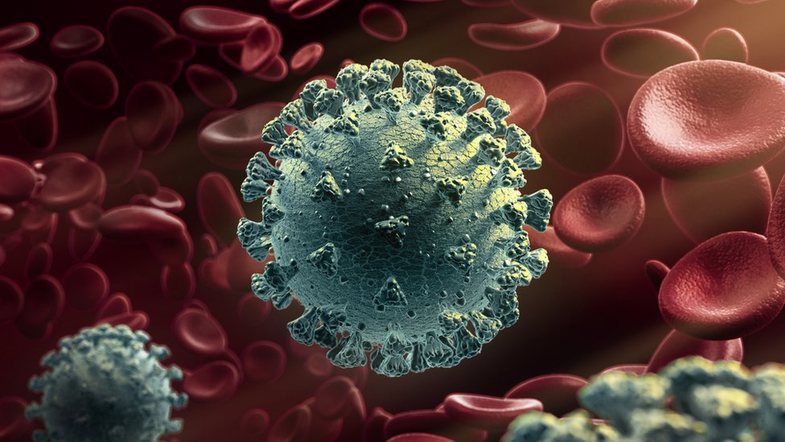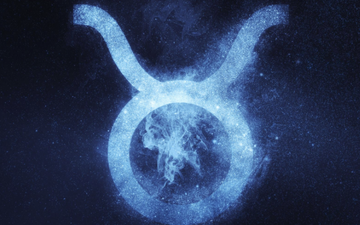
A new variant of the coronavirus has been identified in Brazil, raising questions about whether it could cause more serious illness or be immune to current vaccines.
The news comes after the new variant of the coronavirus in the UK, B1.1.7, which continues to spread rapidly across the country.
What is the "Brazilian" variant of the coronavirus?
The Brazilian variant has three main mutations, about which doctors in South Africa have recently raised some concerns.
It is not yet known if the mutation causes Covid-19 to be more severe, as more research and data is still needed.
Experts discovered that the new variant has been circulating since December 2020, in Manaus, in the north of Brazil. The data also suggest that the Brazilian variant has been detected in Japan.
Like the South African variant, the Brazilian one carries a mutation called E484K. This mutation, according to studies, reduces the recognition of antibodies, helping the virus bypass the immune protection provided by previous infection or vaccination.
Scientists say it is essential to investigate quickly if there is an increased rate of re-infection in individuals previously exposed. This will help us understand if the previous infection provides protection against this new variant.
What is being done to assess the risk posed by the Brazilian variant?
Dr Susan Hopkins, deputy director of the National Public Health Infection Service in England (PHE) said PHE experts are looking at the variant and will have to raise the virus in the UK in order to conduct laboratory experiments. Not much is known about the variant yet and the analysis is ongoing.
Experts need to understand the biology of new variants as well as understand mutations. The main thing they are currently looking at is whether mutations mean the virus escapes the immune response.

Source: Science Focus, Telegraph





